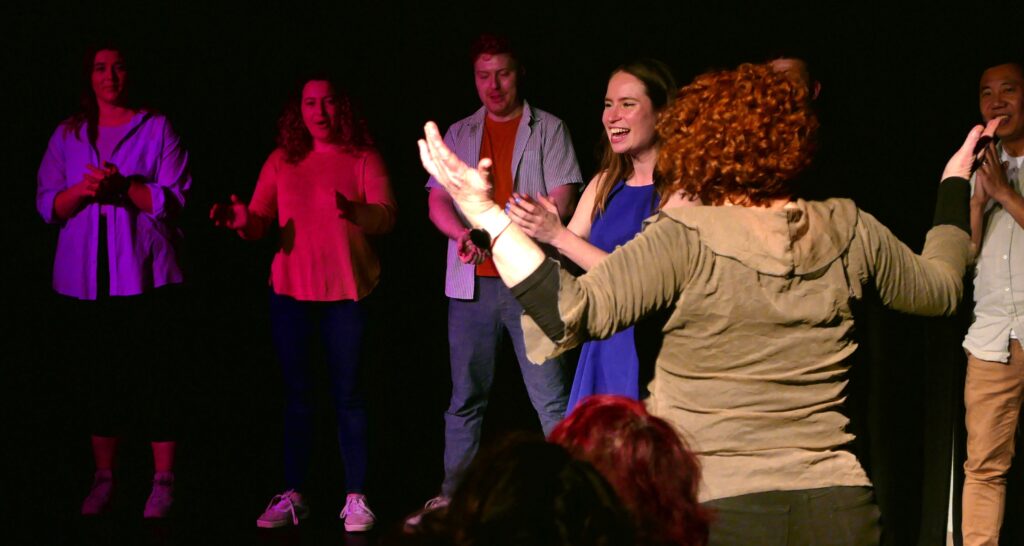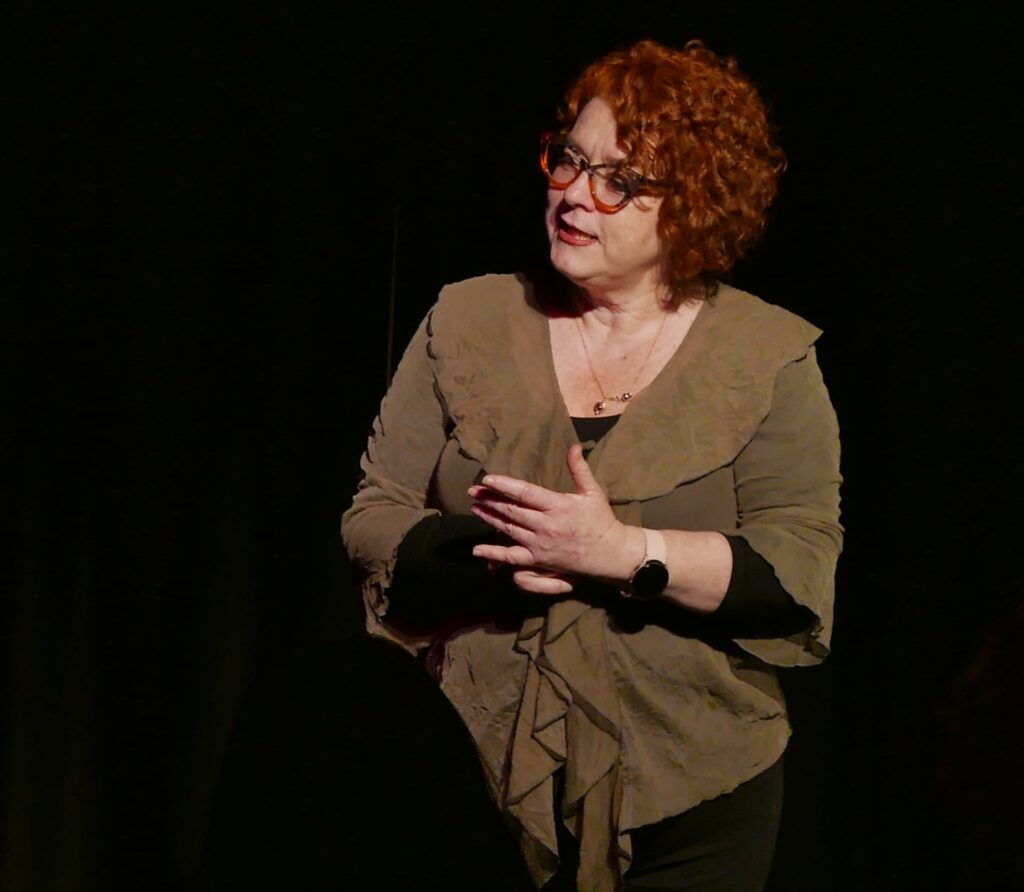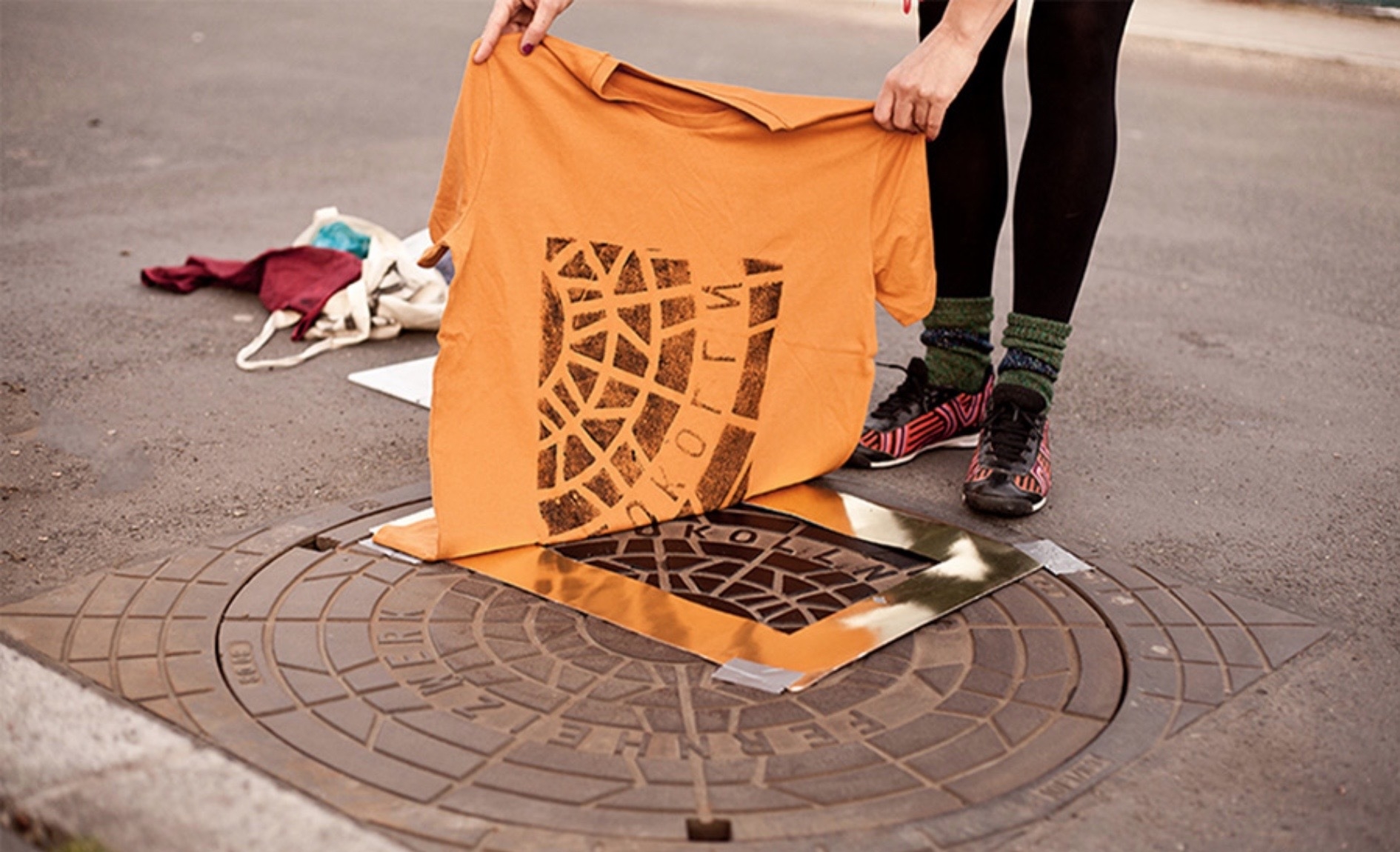Brilliant 2 hour fast-paced workshop with Craig Uhlir (pronounced yoo-ler).
6 things that if done consistently will make your scenes better.
For each he gave the exercise and then explained how it worked.
1. use names
names endow character names imply an existing relationship names can also be relationships (dad, mum, etc) names allow you to call characters back how you say the name speaks volumes memorable names (squidly) are easier to remember (vs sue) Exercise: Short scene, name the other person. Over-use that name.
2. listen and repeat
exercise: They say a line. You say their line under your breath, then you add your line. they do the same… keep going!
- forces listening
- makes you shut up
- craig contends this method forces you to run their line several times in your head before you make your line happen
- you can’t play ahead
- most of us are good at saying fun things, not all of us are great at dropping the idea in favour of what’s happening now
- come in with something, then you can let it go (reminds me of Razowky’s McGuffin)
3. Yes because..
exercise: first line is a statement (not an opinion) second line Yes, because (and explain why they made that statement) third line: Yes, because…. etc
- you have to justify and explain every thing they said (no matter what they said)
- you can’t play ahead
- you must be specific
- you create a truckload of info from pretty much nohing
- doubles down on their lines (you are listening!)
- endows your partner with stuff (we want to be endowed)
As the energy increases in a scene, if you find yourself playing ahead, use this Yes, Because. If your partner asks a question (why do you say that, why are you yelling, why are you whispering) tell the because… You’re always allowed to add something pretend to my something pretend
4. You… I…
One person starts every line with You The other starts every line with I Avoid “you know” and “i think”.
- many people prefer one or the other, we need a little of both in a scene
- “i” players don’t always help their partner, so this is useful for them (Second City characters know their pov, but don’t always help out), so “you” lines are good practice for them.
- “you” players help their partner but often don’t know their own pov.
- You can be an indictment, a gift, a declaration; I says this is me, this is my character, this is my opinion.
- using “you” and “I” is a simple w
- iO used to teach “we” as well, but newer players use it to plan (we should go to the gym) rather than do. But it’s good to chuck in a “we” every now and then
5. Stay in eye contact
For this, both players keep uninterrupted eye contact. We’re not used to looking at someone when we think.
6. Stay in physical contact
players must be in constant physical contact while the scene progresses forces intimacy and intensity if you touch AND make eye contact, we’re in this together if you want to be an improviser, improvisers look at each other while they’re thinking the scenes of the day had very very few argument scenes – everyting’s agreed upon you only touc people you know (so if you’re touching, the audience knows you know each other). looking at each other helps you go line-by-line: if you keep eye contact for longer than a few seconds it makes a relationship between you Craig distinguishes “judging” and “assessing” You need to play with people who don’t do what you do (complimentary skills) if you feel disconnected from your scene partner throw in a because, touch them, look them in the eye, etc




